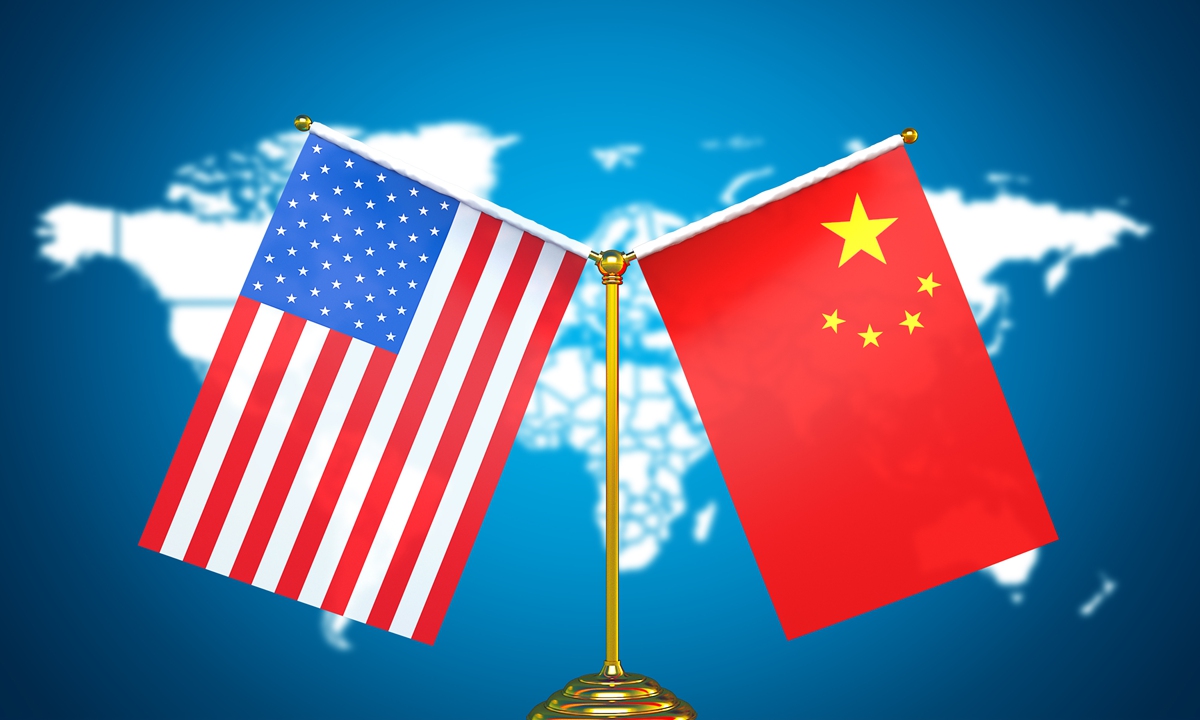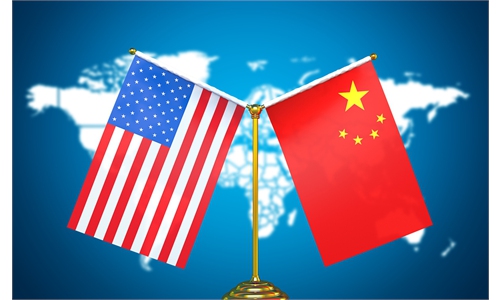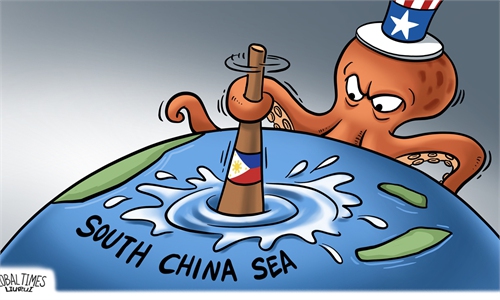China-US close exchanges in many fields off to a good start for 2024: Global Times editorial

Photo:VCG
China-US exchanges in various fields got off to a good start in 2024. On the first day of the New Year, leaders of the two countries exchanged congratulatory letters on the 45th anniversary of the establishment of diplomatic relations between the two countries. Then the 17th China-US Defense Policy Coordination Talks were held in Washington from January 8 to 9. On Tuesday, Liu Jianchao, head of the International Department of the Communist Party of China (CPC) Central Committee, visited the US and was invited to deliver a speech at the Council on Foreign Relations and engaged in communication with the US side. Meanwhile, the Peking University Table Tennis Team's visit to the US and the University of Virginia Table Tennis Team's visit to China replayed the classic scene in the history of China-US relations, where the small ball pushes the big ball.
The simultaneous exchanges at the military, diplomatic and civilian fields are remarkable in this period as China-US relations are stabilizing and rebounding. The resumption and closeness of exchanges is what the Chinese and US societies as well as the international community anticipate. If China-US relations are stable, the world situation will not be in chaos; if China-US relations are unstable, the rest of the world will become concerned.
The perceptions, policies and actions of the US toward China in recent years have once brought China-US relations to a low ebb and created huge risks and potential dangers for the world. The serious consequences of the US' short-sighted policies have forced it to engage in rational reflection, and the concerns and expectations of the international community have formed a synergy that has prompted the US to make certain adjustments in its relations with China. After the San Francisco meeting, the US has shown more enthusiasm than before in implementing the important consensus of the two heads of state, and we hope that this is the result of the US drawing the lessons from the twists and turns in China-US relations in the past year, and that it will not make the same mistakes again.
Signs of relaxation in China-US relations also emerged at the beginning of 2023, but were quickly disrupted by the US sensationalizing the "balloon incident." Many actual actions by the US on issues concerning Taiwan Straits, the South China Sea, and high-tech exports to China not only failed to implement the consensus reached by the leaders and the commitments of US President Joe Biden but some instead went in the completely opposite direction, creating one vortex after another in bilateral relations. This year, China-US relations need to break free from these whirlpools.
Regarding China-US relations, China has consistently emphasized mutual respect, peaceful coexistence, and win-win cooperation. The US should genuinely meet China halfway. As long as the US continues to categorize China as a "competitor" or even a "threat," all of its policies toward China will ultimately push China in that direction, and the US' gestures of easing tensions, as well as communication and exchanges, may be seen by China as mere tactical maneuvers or expedient measures without sincerity, or even with malicious intent. The US needs to work together with China to rebuild the basic political mutual trust; otherwise, it will be impossible to achieve a healthy, stable and sustained development of bilateral relations.
The US, on the one hand, is pushing for what it calls intense competition with China, while on the other hand, it is concerned that this competition might spiral out of control into conflict and confrontation. This in itself is contradictory. If the US seeks communication and exchanges solely for the purpose of competing with China "safely" without concerns, the effectiveness of such communication and exchanges will be limited. It is even less likely to guarantee that the competition initiated by the US will always stay within the "guardrails" envisioned by the US. The US should abandon this unrealistic idea as soon as possible.
In this round of communication, China has expressed its sincere desire for strengthened cooperation with the US and goodwill for peaceful coexistence. However, China has also reiterated its unwavering determination not to compromise or concede on the Taiwan question. The US must acknowledge and respect China's major concerns. On issues related to China's core interests, especially the Taiwan question, which is at the very core of China's core interests, the US must exercise caution and not cross red lines. This is a prerequisite for the correct handling of China-US relations. Without this foundation, meaningful discussions become impossible.



